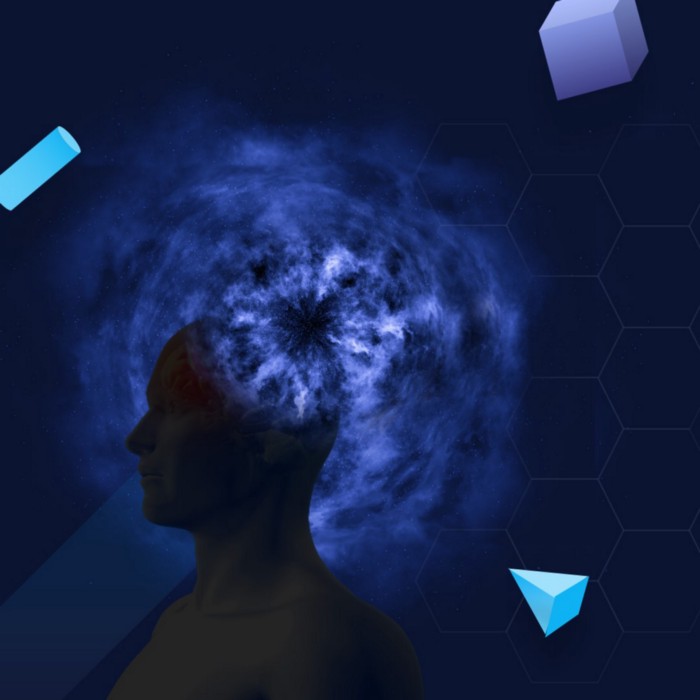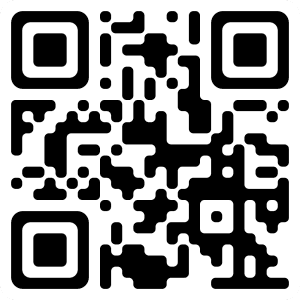Welcome back to my presentation of our start up crypto project CryptoUnity. Previously I told you something about our ideas and how we started creating the project. One thing that was first on the To-Do list and still remains, is constant research and with that, learning.
As I have already mentioned, knowledge is the base of everything. Whether you just want to buy one cryptocurrency or you’re starting a whole a** project! So that’s what we did. We threw ourselves in books, articles, forums… everything we could find. Most of us had experience in crypto, but that was not enough for something like this. We had study meetings where we debated, sometimes disagreed, but we learned. And still are.
That’s why we want to emphasize the importance of knowledge and constant learning. In the last piece I talked about safety, the importance of it and of broadcasting it. So, keep in mind that the things I listed, that make our project safe, are the things you should be looking for in every ICO, in every project.
And this is how I just served you a piece of information. That translates to thebasics of starting in crypto… you guessed it, KNOWLEDGE. Even though I am just presenting you our project, I will be very happy if I also maybe teach someone something. Because that’s the point of it all. 😊

Knowledge represents a very broad specter of subjects. From the basics to trading skills, from creating a wallet to reading graphs, but keep in mind, it is important you take it step by step.
Basic knowledge is the base and a tool that helps you seek further information and education. Some of the basics you need before even starting would for example be:
- What are cryptocurrencies?
- The theory behind how cryptocurrencies can be profitable.
- How do you safely operate on an exchange and off of it.
- The “never do this” examples.
- How to buy and operate with cryptocurrencies.
- How to check if what you’re buying is likely (not) a scam.
- …
A person that is only at the beginning of their crypto path has to be patient and should take time learning and researching, because the best way, and the only way, to operate in this world is so called DYOR — Do Your Own Research. Like one of our founders says:
“Invest as much time as you did in earning the money into researching projects before giving that money in.”
And to help you on the path, I have prepared a short crypto dictionary for you, with some of the expressions that are frequently used:
Altcoin — an alternative digital currency to Bitcoin. The word Altcoin comes from “alternative” and “coin”, to form “altcoin”.
Blocks — data structures within the blockchain database, where transaction data in a cryptocurrency blockchain are permanently recorded.
Blockchain — a digital ledger of transactions that is duplicated and distributed across the entire network of computer systems on the blockchain. Each block in the chain contains a number of transactions, and every time a new transaction occurs on the blockchain, a record of that transaction is added to every participant’s ledger.
Coin — a digital currency with its own blockchain that can serve as a medium of exchange and to store value
Decentralization — transfer of control and decision-making from a centralized entity (individual, organization, or group thereof) to a distributed network.
Exchange — a digital marketplace where you can buy and sell cryptocurrency.
HODL — an acronym for “Hold On for Dear Life”. It is used in the crypto ecosystem to refer to a strategy of holding onto cryptocurrencies through its various price fluctuations and volatility. The acronym is a misspelling of the word “holding” by a user on an online forum.
ICO — Initial Coin Offering is a popular way to raise funds for products and services. ICOs are similar to initial public offerings, but coins issued in an ICO can also have utility for a software service or product.
Mining — the process of creating new coins by solving extremely complicated math problems that verify transactions in the cryptocurrency.
NFT — a non-fungible token is a record on a blockchain which is associated with a particular digital or physical asset. The ownership of an NFT is recorded in the blockchain, and can be transferred by the owner, allowing NFTs to be sold and traded.
Public key — your wallet’s address, which is similar to your bank account number. You can share your public wallet key with people or institutions so they can send you money or take money from your account when you authorize it.
Private key — a password that unlocks the virtual vault that holds your money. As long as you — and only you — have access to your private key, your funds are safe
Smart contract — A piece of code that is executed on the blockchain after certain conditions have been met; this allows developers to create tokens and decentralized applications without having to build the blockchain from scratch.
Token — a digital asset defined by a project or smart contract and built on a specific blockchain.
CryptoUnity’s knowledge section will therefore offer variety of different lectures and courses. For those that are only just starting and for those who already have some knowledge. Lectures and trainings will be available both online and in person, with different mentors and presenters. Besides offering the possibility of education to the community, we also offer 24/7 customer support so people can turn to us with any difficulties or uncertainty they may face.
I hope, if anything, you learned the importance of educating yourself and never stopping that. There are new things happening every day and we have to be updated. With that being said, you should keep up with me and our project, so you don’t miss out on anything new. And if you want to be informed at all times, I would recommend joining our telegram group https://t.me/cryptounity_cut. 😉
Start simple and stay secure folks!
Tina




